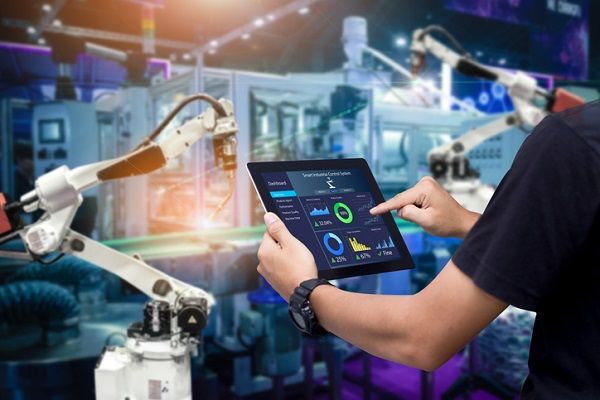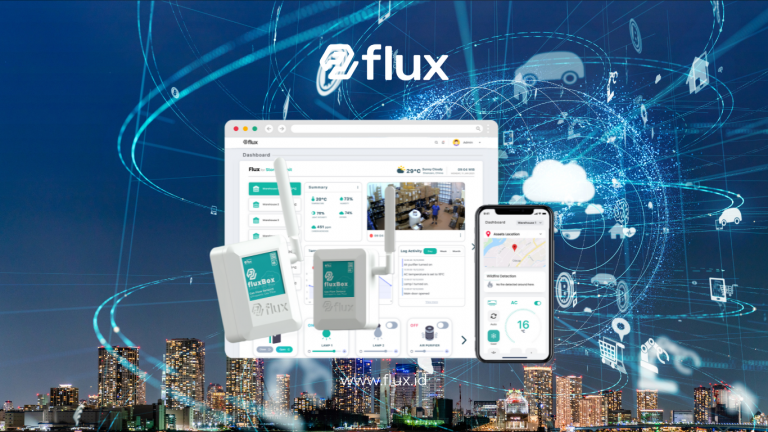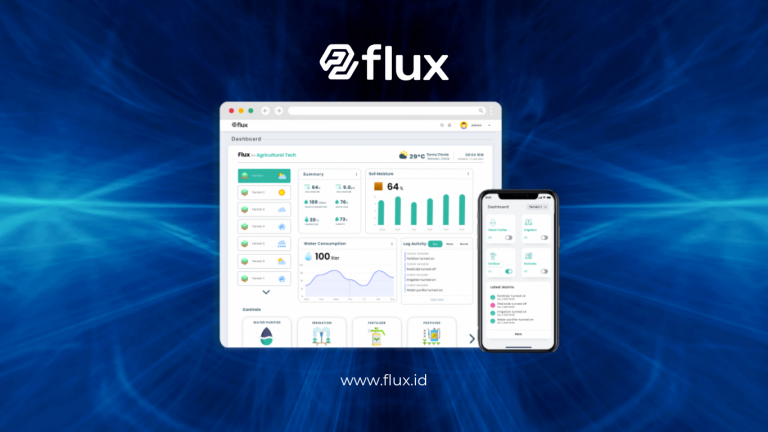Don't miss our holiday offer - 20% OFF!
In the rapidly advancing digital era, many companies have realized the importance of utilizing technology to improve efficiency and save costs. One of the most popular technologies today is the Internet of Things (IoT). IoT enables devices to communicate and exchange data through a network, providing valuable insights and advanced automation across various business aspects. This article will discuss how IoT integration can help businesses increase productivity, reduce costs, and create smarter business solutions.
Contents
1. What Is IoT?

Definition of IoT
The Internet of Things (IoT) is a network of physical devices connected to the internet, enabling them to collect and exchange data. These devices range from sensors, machinery, to household appliances that can connect to the internet.
How Does IoT Work?
IoT works by connecting devices to the internet via various protocols such as Wi-Fi, Bluetooth, or 4G/5G. These devices then transmit the collected data to a central server or cloud, where the data is analyzed to provide insights or automate specific actions.
2. Why Is IoT Important for Businesses?

Read More: Optimizing Energy Management with IoT Sensors: Efficient Electricity Consumption Monitoring Solution
Enhancing Operational Efficiency
With IoT, businesses can monitor their operations in real-time, reduce manual errors, and ensure that all processes run smoothly. For instance, manufacturing plants using IoT can automate machine maintenance based on sensor data, minimizing production downtime.
Cost Savings
IoT enables cost savings through optimized resource usage. For example, energy companies can use IoT to monitor and regulate electricity consumption at their facilities, reducing energy waste and operational costs.
Improving Customer Experience
IoT can also be used to enhance customer interactions. Retail businesses, for instance, can use IoT sensors to track customer movement within the store, offer personalized product recommendations, or provide discounts based on customer shopping patterns.
3. IoT Solutions for Various Industries

Read More: How Pressure Sensors Work: Basic Principles and Applications in Various Industries
IoT in Manufacturing
The manufacturing industry greatly benefits from IoT. With sensors installed on machines and production equipment, companies can monitor equipment performance in real-time, identify potential issues before breakdowns occur, and optimize production processes to save time and costs.
IoT in Logistics and Supply Chain
IoT allows logistics companies to track shipments in real-time, ensuring goods reach their destinations on time. Additionally, IoT devices can monitor environmental conditions such as temperature and humidity, ensuring sensitive goods like food or medicines remain in optimal condition during transport.
IoT in Healthcare
In healthcare, IoT can be used to remotely monitor patients, reducing the need for frequent hospital visits. IoT-connected medical devices can also help doctors diagnose and prescribe treatments more quickly by using real-time data from patient sensors.
IoT in Retail
With smart IoT-connected devices, retail businesses can optimize inventory management and offer a more personalized shopping experience for customers. For example, stores can use IoT devices to monitor stock levels and automatically reorder items when supplies run low.
4. Key Benefits of IoT Integration in Business

Read More: Optimize Your Financial Asset Management with RFID Card Sensor Technology: A Guide and Benefits
1. Data-Driven Decision Making
IoT provides access to real-time data that can be used for better decision-making. With accurate data, businesses can respond more quickly to market changes, identify trends, and make operational adjustments to achieve business goals.
2. Business Process Automation
One of the biggest advantages of IoT is its ability to automate various business processes. Automation can reduce manual workloads, boost productivity, and minimize human error.
3. Enhanced Security
IoT integration can also improve business security. IoT-connected security systems, such as surveillance cameras and motion sensors, can offer better protection and faster responses to potential threats.
4. Energy Efficiency
IoT allows businesses to monitor and optimize energy usage more effectively. With data collected from energy sensors, companies can identify areas where energy is wasted and take steps to reduce it.
5. Challenges in Integrating IoT
Data Security and Privacy
One of the main challenges in adopting IoT is the risk of data security. With more devices connected to the internet, the potential for threats to company and customer data also increases. Therefore, businesses must ensure they have strong security measures in place to protect data from cyberattacks.
Implementation Costs
While IoT can offer long-term cost savings, the initial cost of implementing this technology can be a barrier for some businesses, especially small and medium-sized enterprises.
Infrastructure Requirements
To effectively utilize IoT, businesses need a strong and stable network infrastructure. This includes investments in hardware, networks, and software that support IoT.
6. The Future of IoT in Business
With the rapid development of technology, IoT is expected to become increasingly integrated into various aspects of business in the future. 5G technology, for instance, will allow more devices to connect with higher speeds and lower latency, opening the door for more advanced IoT applications.
Companies that quickly adapt to this technology will gain a competitive advantage, with the ability to respond faster to market changes and optimize their operations more effectively.
Conclusion
Integrating IoT into business is a smart step that can increase efficiency, reduce costs, and provide deeper insights through real-time data. From manufacturing to retail, IoT offers customizable solutions for various industries, helping companies stay competitive in the digital age. However, it is important to consider challenges like data security and implementation costs, as well as ensuring the right infrastructure is in place. With careful planning, IoT can become a valuable tool in achieving long-term business goals.





